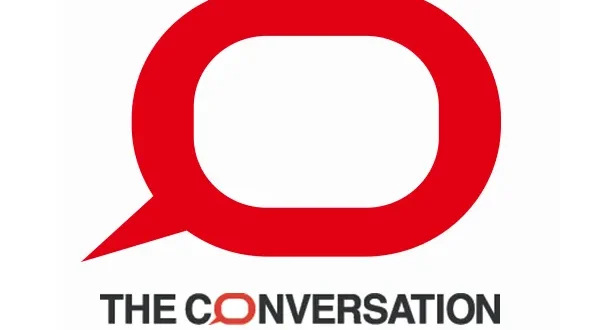I’m constantly scouring the Internet for news and information that might be useful in my research about rural media and community journalism. So as part …
Seeds of Knowledge: A roundup of recently found rural research and news items

An Initiative Exploring the Media of Rural America

I’m constantly scouring the Internet for news and information that might be useful in my research about rural media and community journalism. So as part …

From time to time, content from other sources is shared via this site in an effort to present a wider variety of information and perspectives. …

From time to time, content from other sources is shared via this site in an effort to present a wider variety of information and perspectives. …

From time to time, content from other sources is shared via this site in an effort to present a wider variety of information and perspectives. …

From time to time, content from other sources is shared via this site in an effort to present a wider variety of information and perspectives. …

From time to time, content from other sources is shared via this site in an effort to present a wider variety of information and perspectives. …

From time to time, content from other sources is shared via this site in an effort to present a wider variety of information and perspectives. …

From time to time, content from other sources is shared via this site in an effort to present a wider variety of information and perspectives. …

From time to time, content from other sources is shared via this site in an effort to present a wider variety of information and perspectives. …

From time to time, content from other sources is shared via this site in an effort to present a wider variety of information and perspectives. …